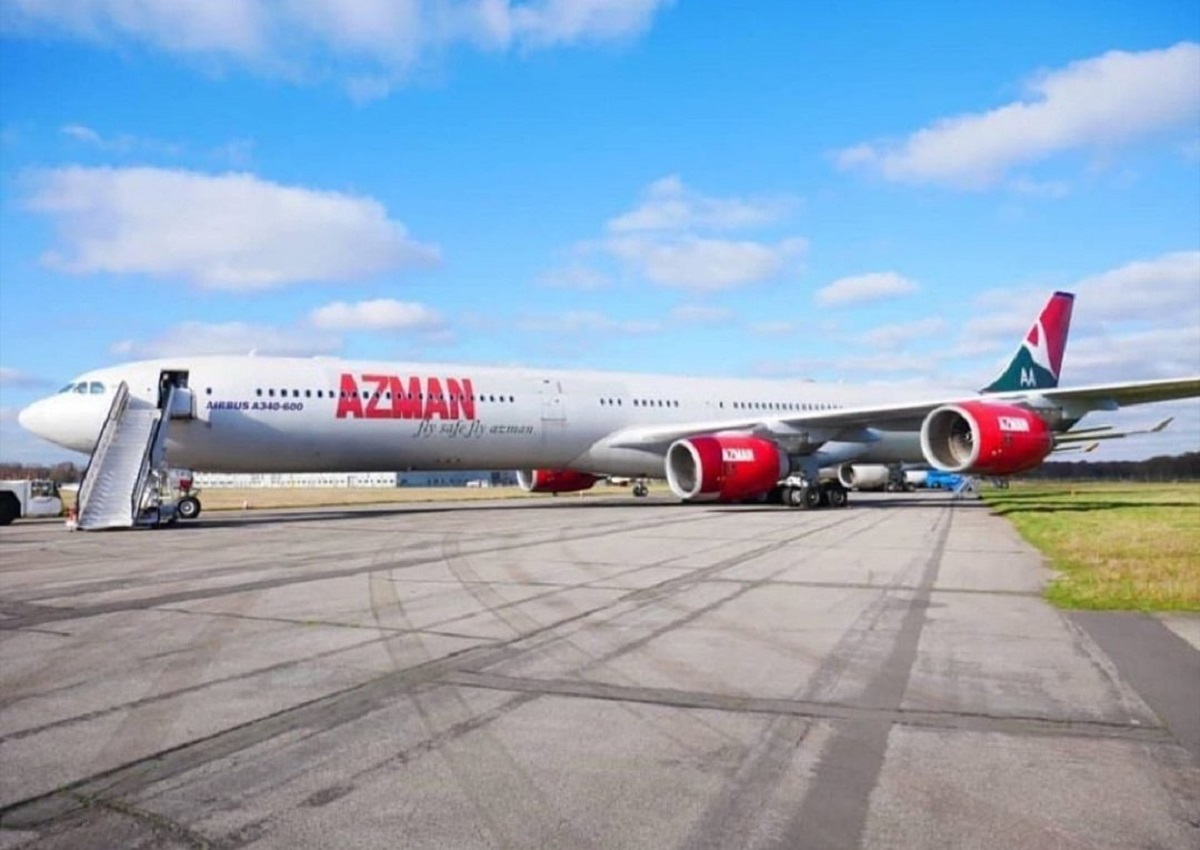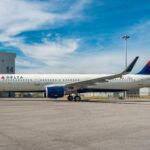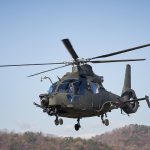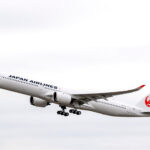The recent transfer of two aircraft from Nigeria to Iran has raised serious concerns within the international community due to the apparent violation of sanctions against Iran.
As reported by Business Day, the aircraft, an Airbus A340-600 registered as 5N-AAM and a Boeing 737-300 registered as 5N-YSM, were allegedly smuggled to Mahan Air by Azman Air without the knowledge of the Nigerian Civil Aviation Authority (NCAA).
Michael Achimugu, Director of Public Affairs and Consumer Protection at the NCAA, stated that the agency intends to contact the Civil Aviation Authority of the Islamic Republic of Iran (CAA.IRI) to clarify the status of the aircraft.
Achimugu also mentioned that the NCAA will investigate Azman Air for the alleged deactivation of aircraft transponders, although such an action did not take place under Nigerian jurisdiction, according to a report by Aeroin.
The incident highlights a concerning possible circumvention of international restrictions by Mahan Air, representing an evasion of sanctions imposed on Iran. The aircraft, now stored in Tehran and Mehrabad, were sold without regard for existing international sanctions.
Reports from the Middle East Forum Observer indicated that Azman Air is just one of several companies involved in sanction-evasion operations across the African continent.
Companies like Macka Invest in Gambia and PT Asia Global Airlines in Indonesia have assisted Iranian airlines linked to the Islamic Revolutionary Guard Corps in acquiring aircraft, registering them in countries such as the Republic of Congo, Burundi, Burkina Faso, Nigeria, and Gambia before smuggling them into Iran.
The A340-600 model is particularly attractive to Mahan Air due to its ease of maintenance, partly because of its use of Rolls Royce Trent 556-61 engines, which are easier to maintain compared to the U.S.-manufactured General Electric CFM56-5C4 engines used in smaller variants of the A340.
This dynamic reflects an ongoing challenge for the U.S. intelligence community, which needs to strengthen surveillance of aircraft movements in sub-Saharan Africa to prevent future sanctions evasions. The situation underscores the complexity of smuggling networks and the need for enhanced vigilance and international cooperation to reinforce sanctions enforcement.














